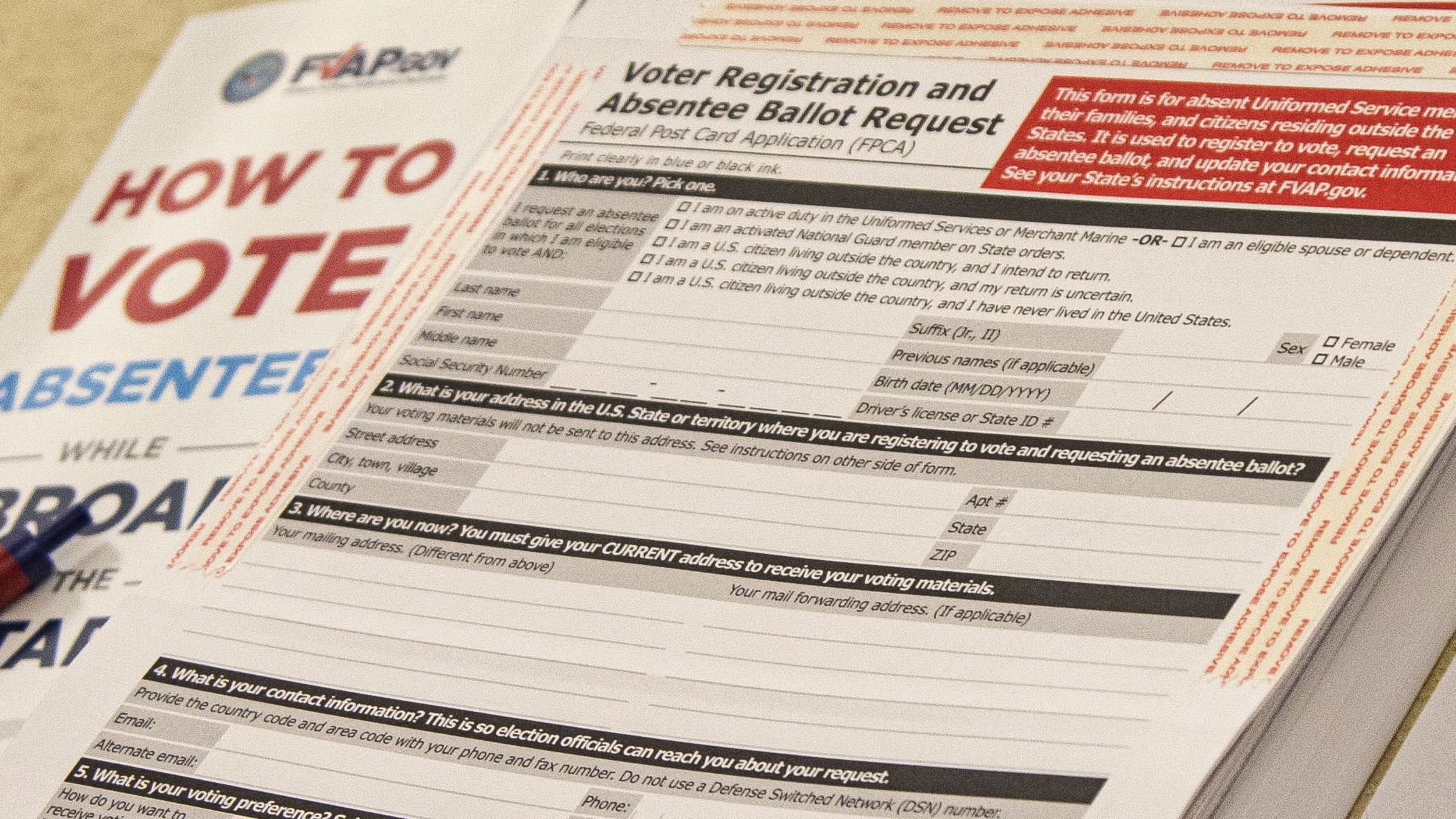With one month to go before the U.S. election, political news is, once more, in uncharted waters. Campaign coverage was once pretty predictable. Until about 2016 it revolved around a steady news cycle fueled by information from established news sources. In 2024 that cycle is spinning ever faster and those information sources, well, they could be anywhere.
“This election, so far, has been different in ways that we haven’t seen before,” says Senior Editor Rebecca Bratek, who plans Factal’s US election coverage. “We at Factal are evolving to cover and meet the moment and it’s changing every day.”
Factal is a breaking news technology company that blends AI with editorial expertise to provide global organizations the clearest, fastest picture of where and how they’re at risk. Factal’s international newsroom is staffed 24/7 with experienced journalists who are highly specialized in real-time verification and breaking news.
Bratek did editorial planning for the past three presidential elections and has covered politics at Breaking News and CBS News before Factal. She covered the 2020 U.S. election during the deadly and unprecedented COVID-19 pandemic. But the storming of the United States Capitol on January 6th, 2021 – and the threat of political violence – make 2024 a different beast.
“The last election taught us a lot about how misinformation and disinformation is spread on the internet,” she says. “It’s something we have to be prepared for just because it has happened and now there’s precedent with it.”

“The last election taught us a lot about how misinformation and disinformation is spread on the internet. It’s something we have to be prepared for just because it has happened and now there’s precedent with it.”
– Rebecca Bratek, Senior Editor at Factal
This election will take place in a highly volatile risk environment. In recent weeks, U.S. national security officials have warned of lone-wolf attacks at polling stations. The U.S. Secret Service has designated vote counting and certification as a “national special security event,” a label previously given only to events the size of the Super Bowl or a presidential inauguration. Threats are mounting at the local level, where election officials are forced to increase security and train staff in how to safeguard the polls.
As major news outlets continue to focus on the horse race, Bratek is preparing for election day by continuing to fine tune Factal’s ground-level source base.
“We are seeing people engage more on the internet. We have to vet that.” Bratek says. ”We’re looking for people on the ground, people who are there.”
Factal editors were monitoring sources present at a Trump rally in Butler, Pa., when shots rang out on July 13th, 2024.

The newsroom quickly confirmed and verified that it was an assassination attempt against former President Trump. The shooter had only narrowly missed.
“We haven’t been that close to an attempt on a candidate’s life, or even a former president or president’s life in a really long time,” Bratek says.
It would not be the last groundbreaking moment. After weeks of speculation and false rumors (which Factal editors debunked), President Biden pulled out of the race altogether and made way for Vice President Harris, which proved to be a game-changer.
“[Harris is] using the internet in ways that I think that we haven’t seen a candidate do, especially… reaching out to younger voters who are consuming things on Tiktok or Instagram,” Bratek says. “Trump has kind of done the same thing, just in different ways with his base. The candidates have realized they can reach voters directly in so many different ways now.”
The speed and intensity of political news is turbo-charged by this increased polarization – and noise – on social media. Good information can be hard to find.
“With all the different divisions going on in the country, members have to think about… Is this going to lead to a disruptive protest? Is that going to lead to threats online?” Bratek says.
Last month Bratek spoke at the New York Analysts Roundtable (NYAR) where she shared Factal’s innovative approach to election coverage.
“Factal editors don’t predict, we respond,” Bratek told attendees at NYAR. “We know how to cover a winner and a loser. Figuring out what comes after that is the challenge now.”
Top photo: 10th Mountain Division Soldiers attend a briefing on their voter access opportunities as military personnel and the importance of exercising their right to vote at the Mission Training Complex on Fort Drum, N.Y., Apr. 28, 2022. The Federal Voting Assistance Program (FVAP) allows for Americans to cast their votes in American elections regardless of where they are. (U.S. Army photo by Spc. Pierre Osias).
Factal gives companies the facts they need in real time to protect people, avoid disruptions and drive automation when the unexpected happens.
Try Factal for free or talk with our sales team (sales@factal.com) for a demo.

